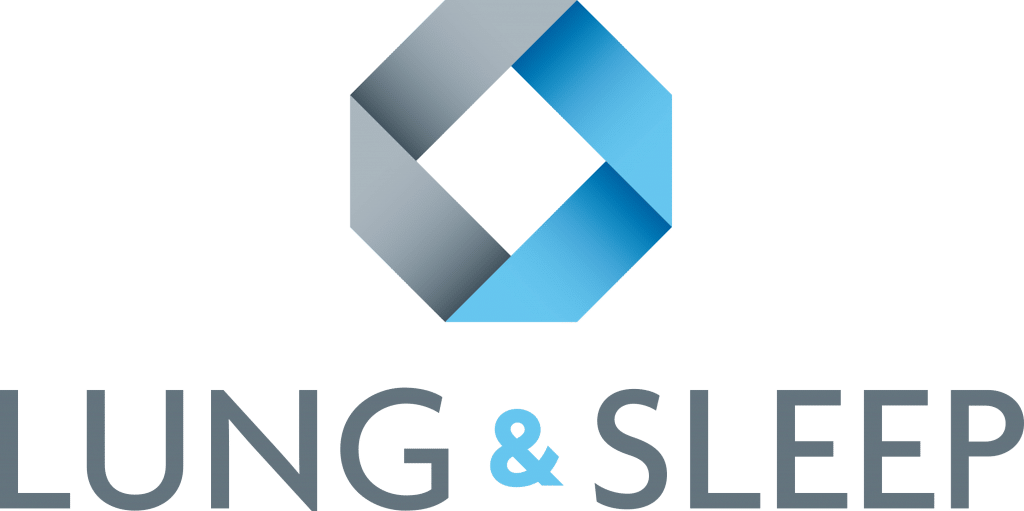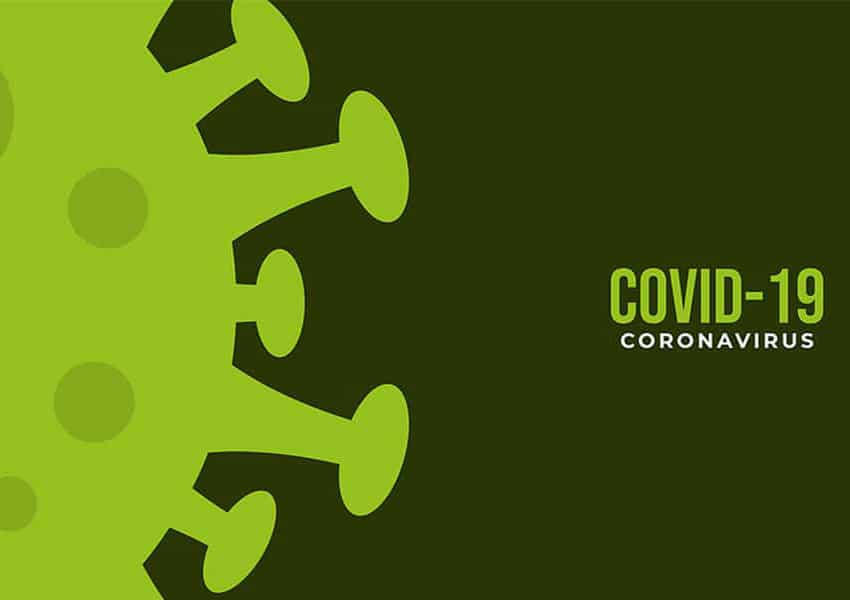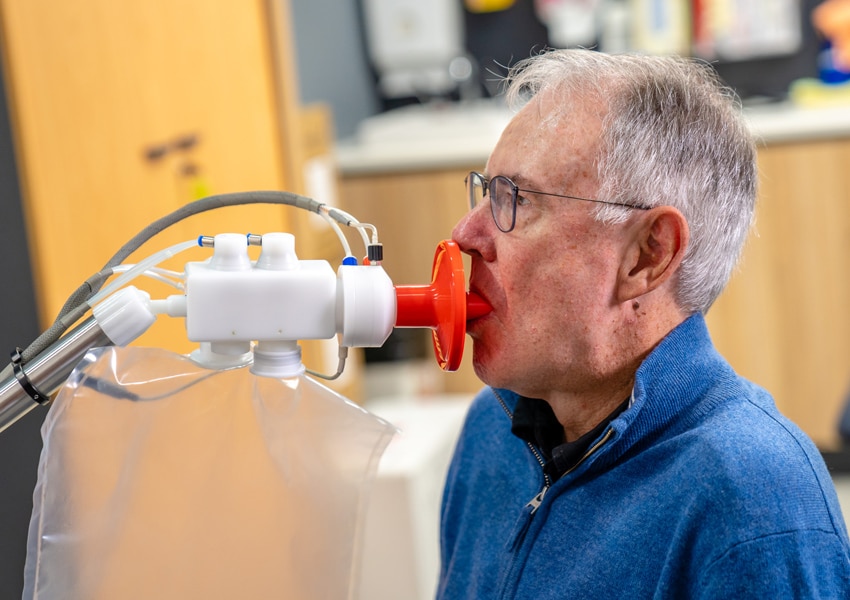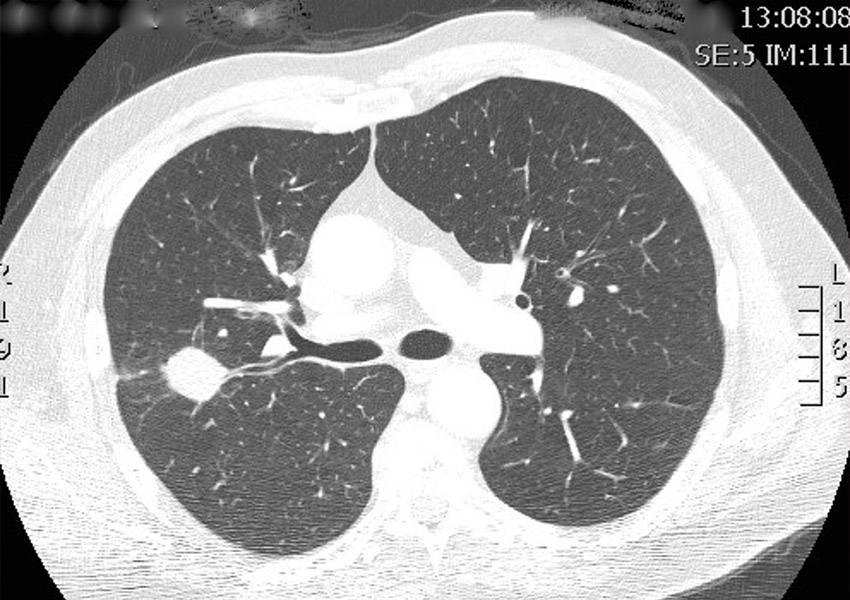What is lung cancer?
Cancer is a lump of cells which have developed genetic mutations. These mutations lead to the abnormal cells growing out of control. Lung cancer occurs when there are abnormal cells growing out of control originating from the lung.
Lung cancer is a terrible and scary disease. It is the leading cause of death due to cancer in the world.
Lung cancer can develop in people who have smoked and also in people who have never smoked. 1 in 5 people diagnosed with lung cancer have never smoked. The majority of others diagnosed with lung cancer have quit smoking well before they develop lung cancer. So lung cancer is not a self induced disease. However, smoking is the main risk factor for lung cancer and all people who smoke will gain health benefits from quitting, no matter for how long they have smoked.
What causes lung cancer?
Cigarette smoking is the main risk factor for lung cancer. Other risk factors include, asbestos and some other dust exposures, family history, pulmonary fibrosis and emphysema.
What are the symptoms of lung cancer?
Often lung cancer does not cause any symptoms and can be found incidentally on a CT scan which was performed for another reason. Symptoms which lung cancer may cause include:
- Cough
- Coughing of blood
- Shortness of breath or wheeze
- Chest pain
These symptoms are all caused by other more common lung conditions. If you have any of these symptoms, it is most likely that you do not have lung cancer but you should see your doctor.
What tests are required for diagnosis of a lung cancer?
- Lung function test is required to measure how well your lungs work
- CT scans and PET scans are used to determine the exact location of the cancer and to identify if there has been any spread of the cancer
- A biopsy must be performed to determine if the abnormality on the CT scan is a cancer and if so, what type of cancer it is. This can be done by our specialists at Lung and Sleep with bronchoscopy (putting a small camera through the nose and into the lung). Other times, a radiologist is required to biopsy the lung with a needle from the outside.
How is lung cancer treated?
Research into new and effective lung cancer treatments are developing rapidly. There are multiple different ways in which lung cancer is treated. It depends on the type of lung cancer and whether there has been spread. It also depends on your wishes. Our job at Lung and Sleep is to guide you with all the options available and the benefits and side effects. You will then be able to make a decision as to how you would like to be treated. We are here to help and guide you with these difficult decisions.
Options for treatment include:
- Surgery – If all the cancer can be removed with an operation, this gives the highest chance for cure
- Radiation therapy – This is where the cancer cells are killed by X-Ray beams. Radiation can be given to try and cure you of lung cancer or to shrink it to reduce symptoms
- Chemotherapy – Medicines or drugs which are given to kill the cancer cells is called chemotherapy. These medicines go into your bloodstream so treat all areas involved in the cancer.
- Immunotherapy – This medicine helps your body’s immune system fight the cancer
- Targeted therapy – This is a type of chemotherapy medicine which is given as a tablet .It targets specific genetic mutations in the cancer cells. Not all lung cancers have the genetic mutation required for these treatments to be effective. With microscopic testing we are able to test for these mutations
- Palliative treatments – This is any treatment to help you feel better or relieve pain which is not directly treating the underlying cancer. For example, pain relief tablets
How we can help you
If you or a family member has lung cancer, it is a very stressful and anxiety provoking time. It is important to arrange the necessary tests quickly so the diagnosis can be confirmed. Tests are also required to determine if there has been spread of the cancer as this will affect the treatment and also the prognosis.
At Lung and Sleep, our specialists have gained world recognised sub-specialist qualifications in the diagnosis of lung cancer. While showing patients and their families compassion and empathy, we are able to help you in this difficult time. We have rapid access to the best diagnostic technology for all the tests and procedures you may require. We work closely with the multidisciplinary teams at Monash, Cabrini and Epworth Health. This collaboration ensures that you have access to world renowned specialists, including surgeons, radiologists and oncologists.






